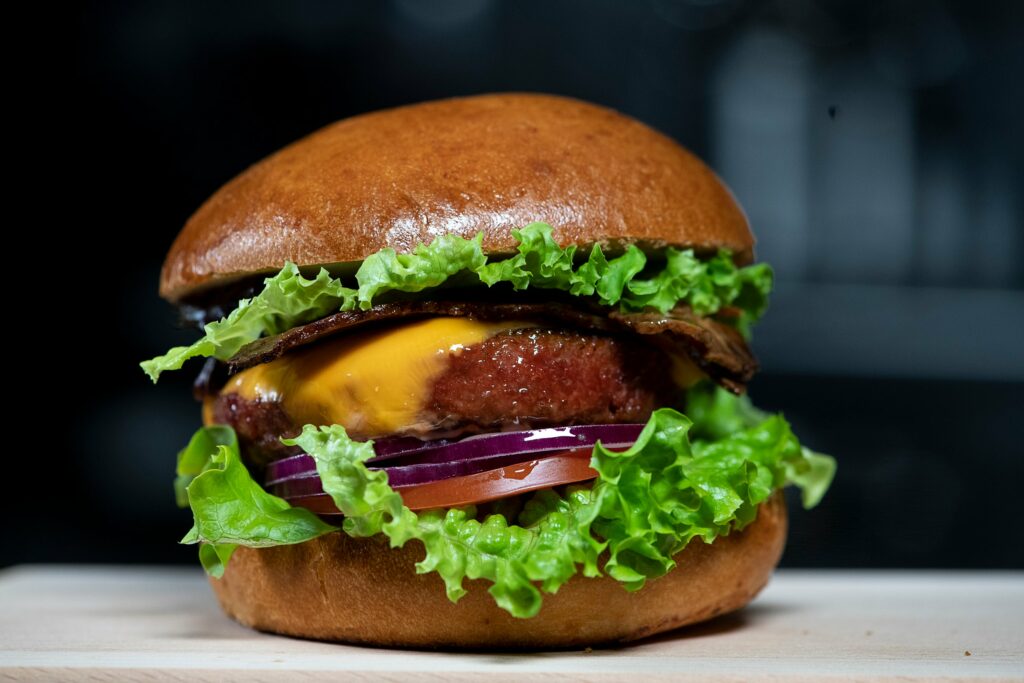The impossible burger will continue to exist since the European Union Intellectual Property Office (EUIPO) voted against Nestle.

Nestlé has been obliged to rename their ‘Incredible Burger’ in Holland as Of may 2020 because a judge in The Hague detected a risk of misunderstanding with ‘Impossible Burger.’ Nestlé subsequently filed a claim for trademark infringement against ‘Impossible Burger,’ however the EUIPO refused it in May, citing intriguing concerns about suggestive trademark elements.
Nestlé is in a long-running trademark battle with competitor Impossible Foods Inc. (USA), which was seen as a major contender in the rapidly developing vegetarian burger industry by Nestlé and Even beyond Meat at the time Google attempted to purchase it.
Impossible vs. Incredible in a trademark battle over vegetarian burgers
Impossible Foods Inc. burgers are marketed under the same brand name, Impossible Burger. When Nestlé was compelled to rebrand its own “Incredible Burger” as in Netherlands last year, the Swiss firm became acutely aware of this. So because court with In Hague perceived a potential of misunderstanding between Incredible as well as Impossible when it came to burgers.
Nestlé seemed to have no choice but to join suit & rename its Incredible Burger ‘Sensational Burger,’ while also filing an application with European Trademark Office (EUIPO) for a judgment of invalidity for such EU trademark Impossible Burger. Nestlé claimed that the word “impossible” was use of a motivating sentiment in the logo. The Impossible Burger mark, owned by Impossible Foods, was a descriptive indicator as well as a solely promotional message, and hence should be found invalid.
Impossible Burger has filed a claim of invalidity.
Nestlé was found ineligible by the EUIPO in May 2021 (Cancellation No C 33 961 (Invalidity)). The EUIPO said that Impossible Food was already on thin ice when it mixed its trademarks with promotional statements like “plants that produce the impossible feasible.” Consumers, on the other hand, would not associate the Hard Burger brand with a burger that was considered to be difficult to prepare.
Rather, Impossible Fooods’ words and films would be perceived by customers as fun word games, requiring multiple mental processes to decipher. An advertising phrase or a slogan, on the other hand, can become a protected trade mark. In any event, the EUIPO claims that the mark does not define any specific qualities of an Impossible Foods veggie burger, nor does it denote higher quality. The word impossible (= “impossible”) has no positive meaning in everyday speech.
Furthermore, the EUIPO cited the Cine Action decision, which states that, in terms of actual grounds for refusal, Article 7(1)(c) of the Community Trade Mark Regulation (CTMR) does not apply to terms that are only allusive or suggestive of certain characteristics of the goods, i.e. suggestive trade mark features.
As a result, Nestlé’s request for a declaration for invalidity was denied inside its entirety. Nestlé, on the other hand, may pursue this issue further and file a complaint with the European Court of Justice. Because of lucrative veggie burger industry is at risk – and also because trademarks which are also advertising messages have always been assessed on a specific instance basis – that’s also likely to occur.